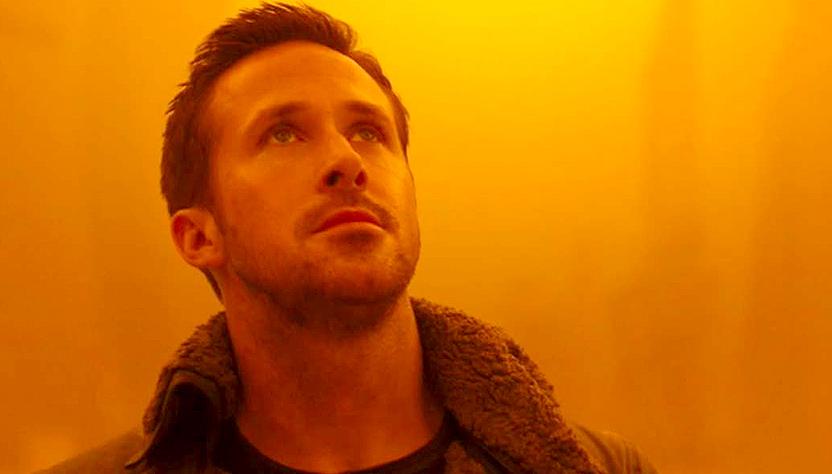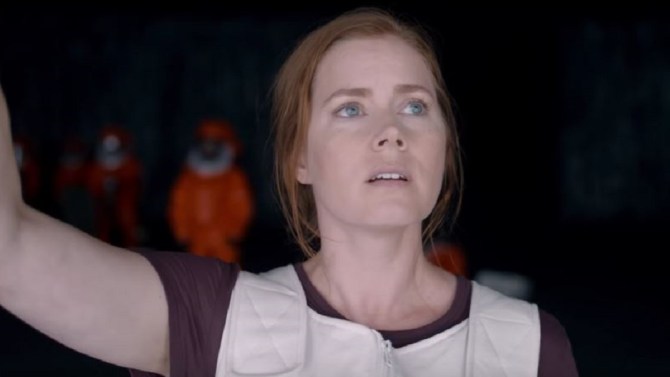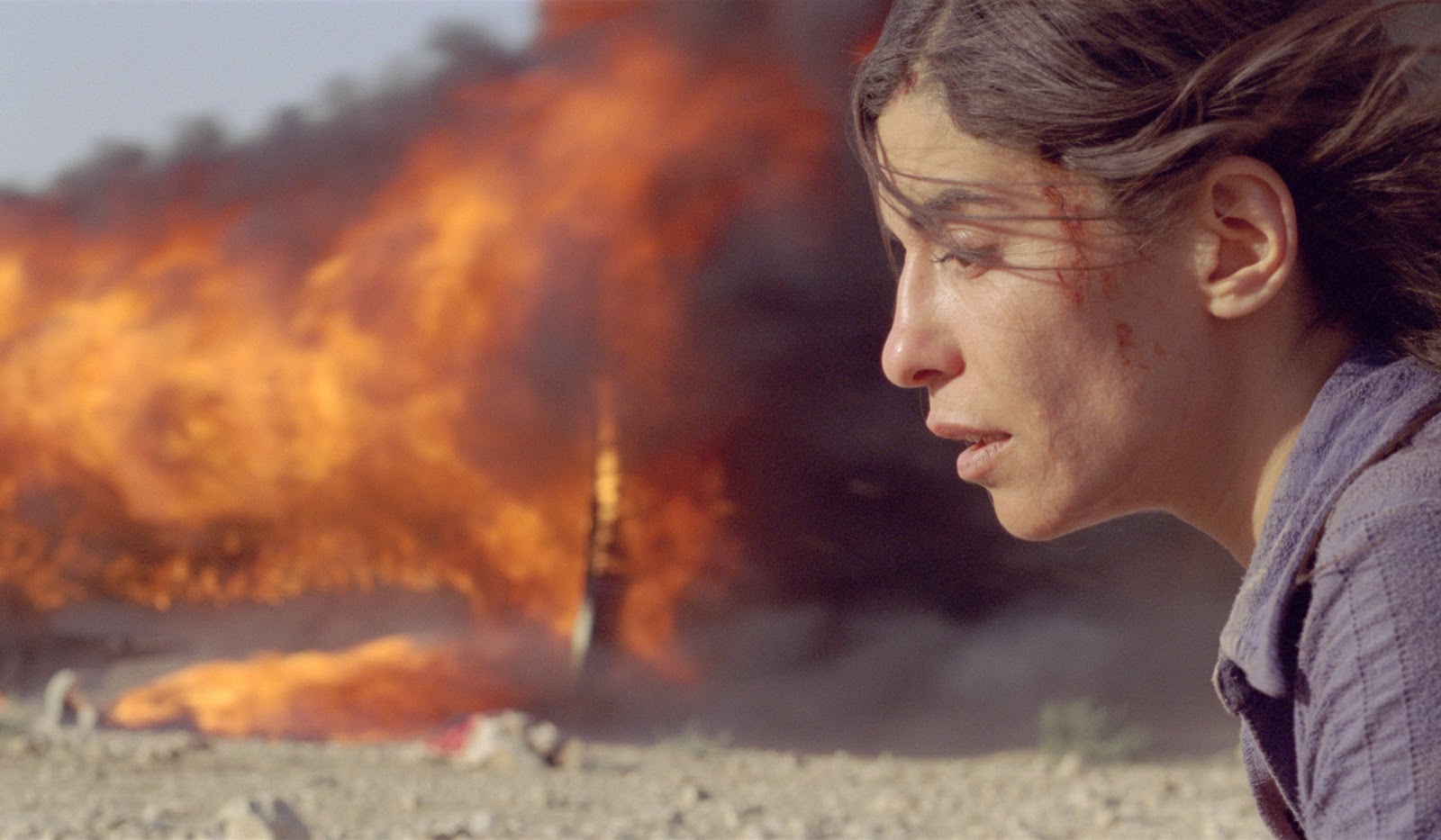5. Dune (2021)

It feels a bit unfair to pass judgement on Villeneuve’s latest hit before seeing its follow-up. After all, Dune was conceived as a two-film epic and the first entry barely covered half of Frank Herbert’s book. It may not rank as his best, but it’s easily Villeneuve’s most ambitious endeavor yet— a colossal adaptation of one of the greatest science fiction novels of all time.
Equal parts a political chess game, a bleak indictment of colonialism and religious fanaticism and an environmental thesis — Dune tells the story of Paul Atreides, the heir to a powerful Duke and a genetic marvel gifted with prescient powers. For ages, the book was deemed ‘virtually unadaptable’ and sat on the shelves indefinitely. A deliberately anticlimactic, monologue-heavy story with an exhaustive lore? By any means not the kind of banal escapism film audiences eat up.
Villeneuve accomplished the impossible by introducing millions of non-readers to Dune’s complex world without flooding the film with dry exposition. A lesser director would surely have crumbled at the prospect of cramming such a hefty load of storylines without sacrificing the scope and mysticism that defined the novel, but if there was a current director up for the challenge, that was him.
By any metrics, Villeneuve has never helmed a bigger project than Dune. From the sheer scale of the story, the gargantuan production to the stacked ensemble cast — a lot was riding on him to deliver, and he did it in spades. Time will tell how neatly the sequel wraps up the story and ultimately stacks up against the rest of his work, but if part one is any indication of what’s to come, we should be in for a treat.
4. Prisoners (2013)

In many ways, Prisoners set an important benchmark in Villeneuve’s career. For starters, it marked his first production on foreign soil, officially establishing him as one of the hottest commodities in Hollywood. What’s more, the film gave birth to one of the most fruitful collaborations in recent memory by him joining forces with the brilliant Roger Deakins.
Now, many dismiss Prisoners as a purely ‘genre’ film — whatever that means — arguing that Villeneuve’s auteur blueprint isn’t as easily felt compared to his earlier output. Even if there was some truth in that statement, in no way should it be held against the quality of the movie itself. Even as a conventional thriller, Prisoners is a fascinating watch — an unapologetic morality play that urges the audience to reconsider their most primitive instincts. Drenched in the same nihilism that threads most of his work together, Villeneuve throws us into a bottomless pit of revenge, obsession and despair with no end in sight. The film follows the abduction of two young girls, where one of the victim’s father takes matters into his own hands after the police investigation hits a snag.
Revenge is a recurrent motif in Villeneuve’s body of work — not one set to bring rewarding closure but a futile endeavor doomed to fail. Far from endorsing unlawful retribution, Prisoners analyzes this theme by interrogating its own violence and contemplating the emptiness of the character’s quest. But arguably the biggest virtue of the film is how it shifts the focus from the investigation at hand to the heavy burden it takes on those tasked with solving it. For all involved, lack of closure is the ultimate punishment, an unbearable reality that slowly eats them up and makes their detective efforts all the more desperate.
3. Blade Runner 2049 (2017)

Right from its very conception, a sequel to Blade Runner seemed all but destined to fail. Ridley Scott’s classic redefined and pushed the genre to a new frontier in terms of storytelling, bringing to life a dystopian world that tried to mirror contemporary problems rather than distance itself from them. Can we really blame those who greeted the sequel announcement with some skepticism? At the time it was hard not to be cynical, especially taking in consideration Hollywood’s terrible track record in terms of milking iconic IP’s with shameless cash-grabs.
Ironically, Blade Runner 2049 suffered the same fate as its predecessor — at first widely neglected by audiences only to acquire a newly found appreciation throughout the following years. Villeneuve triumphed precisely in what so many sequels fall short — by breathing new life into the franchise instead of sucking the air out of it. Blade Runner 2049 is a self-contained story perfectly capable of standing on its own, building up on the themes of the original without simply riding on its coattails. ‘The most expensive arthouse movie ever made’, as it’s been jokingly referred to as, kind of captures what a rare breed of film it is — a contemplative blockbuster not concerned with rushing to story beats as it is in providing room for introspection.
In film and literature, there’s a character template that’s been done to death — the so-called ‘hero’s journey’. This theory outlines the journey of a ‘Chosen One’ who rises up for the challenge and meets his destiny by saving the day. From Luke Skywalker, Frodo or Neo, there’s no shortage of examples in pop culture — in science fiction more than in arguably any other genre. Blade Runner takes that trope and completely flips it on its head. First, it plays with the viewers expectations, baiting us into thinking K is the Replicant-equivalent to the second coming of Christ. But then, it subverts it, arriving at a far more powerful conclusion — that everyone is equally capable of greatness.
2. Arrival (2016)

“Language is the foundation of civilization. It is the glue that holds people together and the first weapon drawn in a conflict.”
Arrival marked the advent of a new period for Villeneuve, his first foray into science-fiction — a genre he would later be generally known for. It only feels right that he had a crack at adapting a ‘first contact’ story, given one of his favorite movies and “first cinematic crush” came in Steven Spielberg’s Close Encounters of the Third Kind, where he “first recognized the mark of an artist and strong storyteller”.
Twelve alien spacecrafts land on Earth and experienced linguist Louise Banks is called to duty to try to communicate with them through palindrome phrases and circular symbols. Through a pretty straightforward scenario, Arrival delivers a simple message — communication and empathy are our saving grace, and we should take it upon ourselves to bury the hatchet, let go of our grudges and get along with each other.
The reason why Arrival doesn’t feel gimmicky or overtly didactic is because it earns its big moments and revelations by virtue of having a strong emotional backbone — unlike recent pseudo-intellectual flicks like Interstellar. It pulls off something very few high-concept sci-fi films can, and that is offering any kind of valuable big-picture introspection without coming off as pretentious. There are many common threads between Arrival and the rest of Villeneuve’s films — from the joys and pains of motherhood (Maelström, Incendies), the way we’re bound by the cyclical nature of time (Enemy, August 32nd) to the heavy burden of prescience (Dune).
1. Incendies (2010)

For any given director, any of the previous three films in this list would surely be considered as the summit of their careers. It speaks volumes about Villeneuve’s consistency that we’re left with an embarrassment of riches where none of them can claim the top spot. Bookending this list, we instead go to his magnum opus, the film where he channeled every bit of his god given talent and poured it into this bonafide classic.
Incendies came just at the ideal time in his career, culminating all the themes and creative confidence he’d developed throughout the years. Already with three films under his belt, Villeneuve was a well-respected, promising director, but was still given free rein to go in bold and darker directions than in any of his big-budget Hollywood productions. Incendies is that perfect storm that takes place when a talented auteur’s vision is faithfully realized without the shackles of studio interference.
Going too deep into plot specifics is a sure way to hamper the experience, as Incendies is better watched going in blind. Broadly put, it’s an unflinching story about family, war and self-discovery that hits you like a freight train. Unfolding with the same grandeur of a Greek tragedy, two different storylines blend together and ultimately collide in a gut-wrenching climax. The first one follows a set of twins who embark on a journey in order to uncover their family roots. The second recounts their late mother’s life through a set of flashbacks taking place in a fictionalized Middle East country that heavily borrows from the Lebanese Civil War.
For all the high-concept sci-fi and hard-boiled thrillers that succeed it, Denis Villeneuve has yet to reach again the heights of this slow-burning maze of revenge, war and broken families.